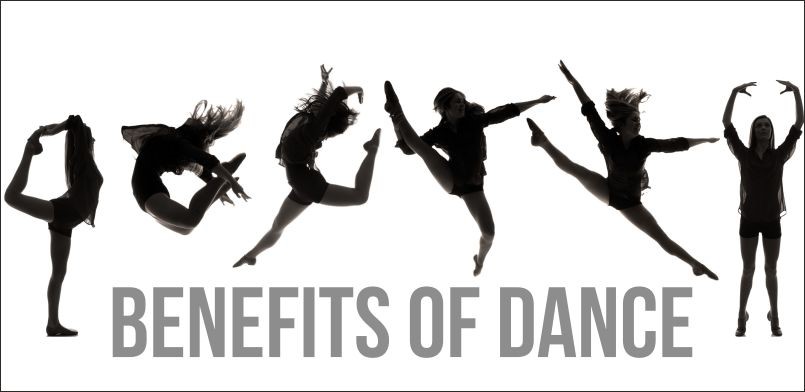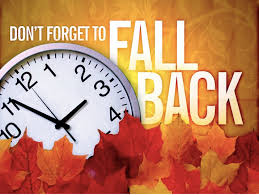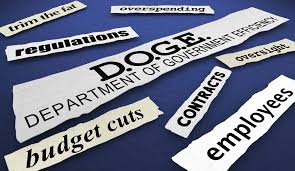Dance is not a waste of time
Dance is often undervalued and underappreciated. As a dancer who spends a lot of time in classes and rehearsals, I often hear from others, directly or indirectly, that it’s a waste of time. Dance rarely earns the respect that other sports do.
Teacher Emily Shaffer notes that dance has always been a huge part of her life. She began dancing at age four and started competing at nine. Now she’s an instructor at Ignite Dance Studios in Medina. She said that it is “frustrating” when people do not acknowledge dance as a sport. She also remarked on all that dance has meant to her and that it made me hard for non-dancers to comprehend its impact.
I’ve heard people say that it’s a silly hobby, a waste of money, an excuse to get attention…and other negative comments. Those who are not associated with dance often fail to realize the powerful impacts of dance on a person’s life.
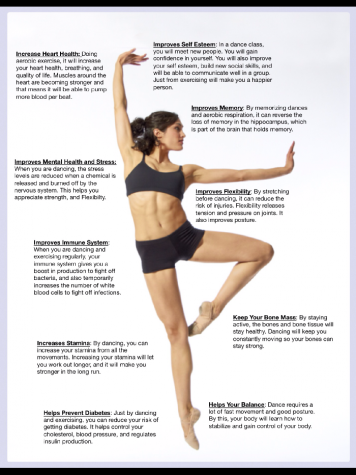 Improves Physical Health
Improves Physical Health
Dancing increases muscles in your body and makes you stronger. Mivida Movement says, “Dance improves health dramatically by improving muscle tone and cardiovascular strength, improving the condition of your heart and lungs, decreasing blood pressure, reducing stress, and many other benefits. Dancing helps you strengthen bones and lubricate joints.”
Dancers and dance coaches also agree. Sabrina Lindhout, a local ballet, tap, jazz, and modern coach and dancer is one of them. “Dance is good for the body. It makes you stronger and can help you maintain your balance.” Dancing can help you get healthy along with other things like eating and sleeping well.
Improves Social Skills
Dancing can let you find something in common with other people and can bring people together. Dance Facts says, “Although it can bring similar amount of exercise as walking, cycling or aerobics, dancing gives you opportunity to meet new people and improve your social interaction skills.” Additionally, International Dance Supplies Blog says, “Dance classes can encourage social bonds and friendships which are key factors in improving our mood and mental health.” Social skills can be improved with some effort, and dancing is a great place to start.
Mrs. Shaffer said of her childhood and teenage dance career, “It gave me a sense of another family,” she said. “I always felt like it was more than just a team.” She noted that she often spent more time with her coaches and fellow-dancers than she did with her family or friends from school. As a teacher and instructor, she says she is now able to see what dance does for kids: “It teaches commitment and dedication.” She adds that she can see that it “builds self-confidence” as well.
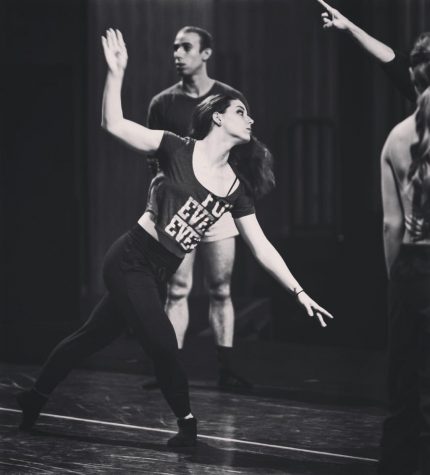
Relieves Stress and Boosts Your Mood
Whether it’s a professional class or just putting on music and dancing around your house, dance can help you clear your head and put stressful things off to the side. The Essence of Dance says, “Any type of physical activity releases the neurotransmitter, endorphins, which serve to alleviate stress.”
Stress has negative impacts on your life and health, and dancing can help to get rid of those negative feelings and bring happiness. Sabrina Lindhout, an instructor, says, “Yes it is a good way to relieve stress. It helps take your mind off of things that you can’t get out of your head.” She believes that dance is a stress reliever that works for her and her friends and family.
People of all ages can dance and improve their moods all at the same time. And the results can last for a while. Screening for Mental Health says that the “positive effects” found in a study “lasted up to eight months after the dance classes ended.” The Telegraph says, “Dancing makes you feel good because it makes you feel so alive.”
Dance surpasses other exercise in terms of its mood-boosting potential due to the powerful combination of movement and music, which makes the release of endorphins especially high. Love to Know explains that dance “has an increased effect in this realm because it’s not only the physical activity, but also the music, that affect the mind.”

As you can see, dance can help improve both your mind and body. Now you can decide for yourself if you still think the same way about dance or if you change your mind and see dance in a totally different way.


